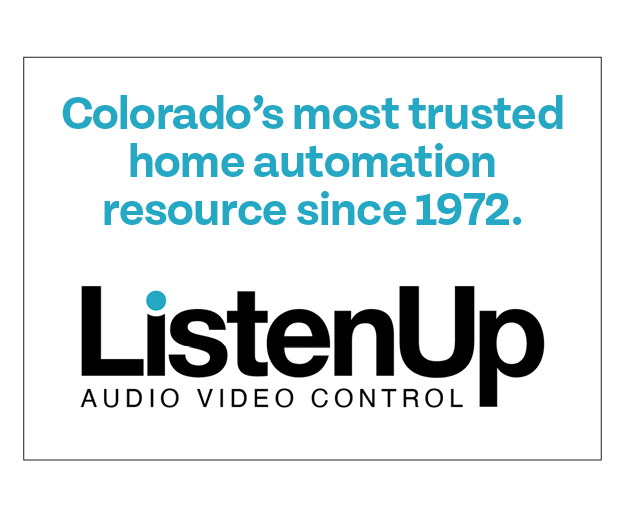Billing for time and material in a combined “lump sum” amount can make the entire transaction subject to sales tax.
Contractors face many factors that impact profits, but there’s one that commonly comes back and hits profits years later upon audit.
The primary issue is whether or not the work you are doing is considered “construction” under a contract to improve real property or if it is considered as just the sale and installation of Tangible Personal Property (TPP). If it’s the latter and you billed it as a lump sum, it’s very likely that the entire invoice will be deemed as subject to sales tax or to use tax. It is considered sales tax if you’re a vendor being audited, and use tax if it’s your customer who is getting assessed upon an audit.
Contractors are generally considered as the “end-user” or “consumer” of the building materials they purchase and use in the construction or improvement of real property. The Colorado Department of Revenue doesn’t even require contractors to obtain a sales tax license since they just pay sales or use tax on the materials purchased and then bill lump sum. See Colorado’s Sales FYI 6 Contractors and Retailer-Contractors at tax.colorado.gov/sites/tax/files/03.2020_Sales6.pdf.
RELATED: Tax Challenges for Growing Building Companies
The unexpected sales tax assessment on the full invoice amount is problematic enough. You may have even already paid sales tax when you bought the goods for your construction work. When penalties and interest, commonly charged a 1% to 1.5% per month cumulatively, are added–Wow! A recent assessment for a client under audit hit 56% interest!
Where are the problems and risks?
- Audits of unlicensed vendors can and do go back multiple years–even to day one of business.
- Contractors’ “construction services” may extend into retail sales of goods (TPP) and there may be unmet obligations to register, collect and remit sales tax to the state and to any of the 70 home-rule jurisdictions like Denver.
- Use tax is due on untaxed purchases for the contractor’s own business, including expense items and fixed assets, as well as untaxed materials for construction jobs that aren’t exempt or covered under a use tax deposit paid with a permit.
- Contractors often do not get licensed to collect sales tax, but later find that home-rule city or state auditors treat some of their work as a taxable retail sale with installation or taxable fabrication. As noted above, if the items are lump summed it’s considered as a “mixed transaction” and the entire amount may be deemed as taxable.
- When licensing, the applications commonly ask when you first started doing business in the city. Caution is needed as just applying and listing a date from the past will generate estimated returns for the entire period, like in Aurora, for example.
- Sales tax and use tax are commonly paid to the incorrect jurisdiction.
Sales and use tax issues are problematic and come with costly pitfalls. Our recommendation? “Know before you go” when considering doing work in the various local jurisdictions in Colorado. Start with an address verification to find out what taxing jurisdictions cover the job site. Then ask questions like:
Is a permit required? If not, the job is more likely to be treated as a taxable sale of TPP with installation, so then time and material billing should be used. Even if a permit is required, appliances, some types of flooring, replacement HVAC units, replacement kitchen cabinets, etc. are likely to be treated as taxable TPP.
Review the state’s Sales FYI 6 Contractors and Retailer-Contractors noted above for more on lump sum vs. time and material billing.
Properly understanding the state’s, plus county and city-specific, requirements prior to choosing a development site or bidding on a project will bode well for all parties involved.
We’ve posted links to the various state and the Colorado home-rule jurisdictions’ sales tax webpages at www.salestaxcolorado.com/state-sales-tax-revenue-departments/.









